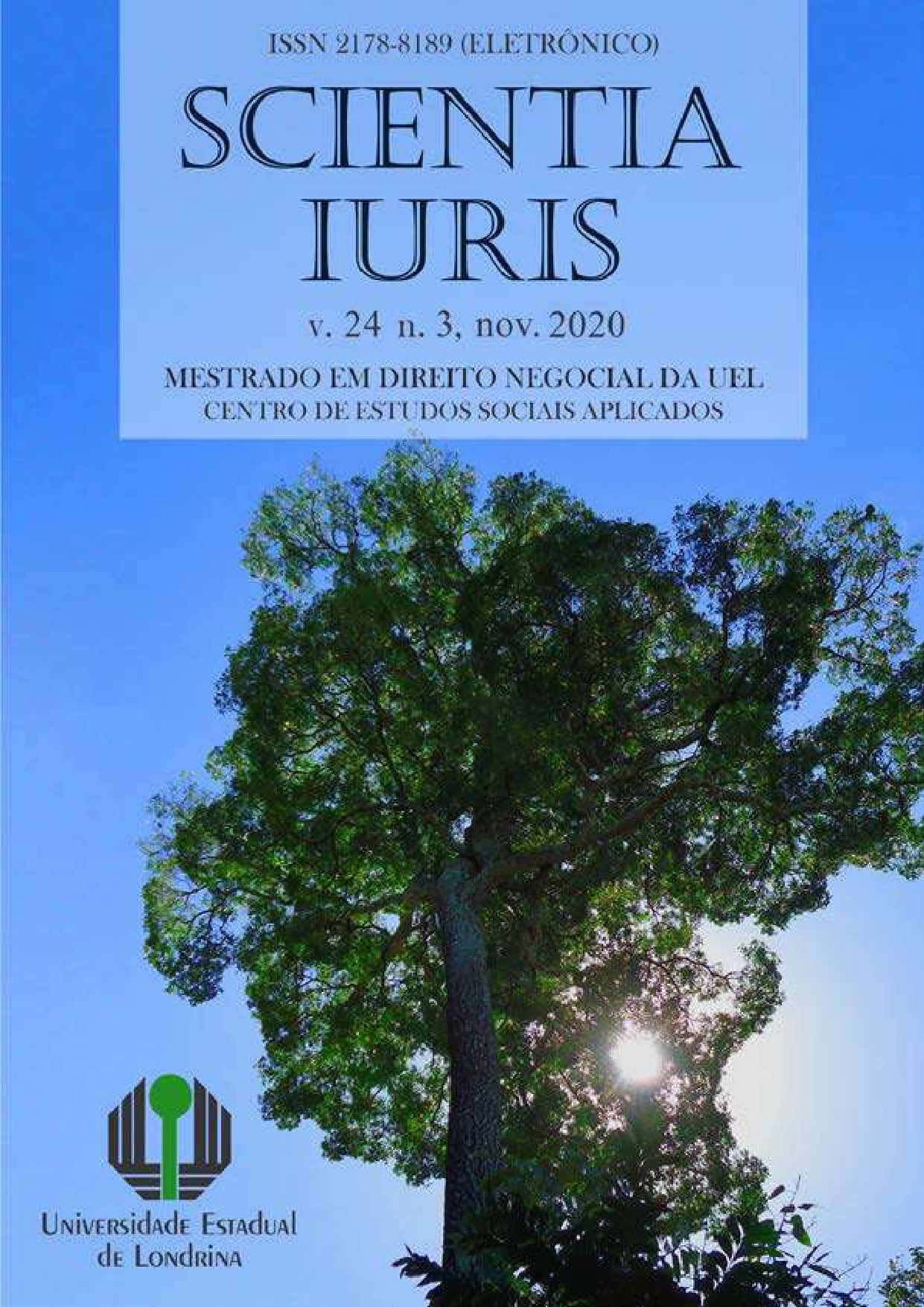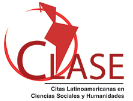Transnational corporations and the use of natural resources/environmental resources in brazil and the sovereignty principle
DOI:
https://doi.org/10.5433/2178-8189.2020v24n3p158Keywords:
Transnational companies. Sovereignty. Natural Resources Environmental Resources. Constitutional Environmental Law.Abstract
The use of natural resources/environmental resources in Brazil, is an extension of citizenship, the dignity of the human person, social values of work, free enterprise, and political pluralism. Nonetheless, the sovereignty principle (Art. 1, subsection I) is a normative tool that is extremely relevant in terms of corporate transactions of environmental resources by transnational corporations, particularly because of the specific and unique characteristics of Brazil. Hence the need to carry out the present research from the hermeneutical method, with a survey of academic work elaborated by scholars working on this proposed topic, which purpose is to demonstrate that transnational corporations use of national resources/environmental resources in Brazil is subject to the principle of sovereignty and, therefore, should follow Brazilian law, specifically its constitutional environmental law.
Downloads
Downloads
Published
How to Cite
Issue
Section
License
Copyright (c) 2020 Scientia Iuris

This work is licensed under a Creative Commons Attribution 4.0 International License.
The journal reserves the right to modify, in the original text of the submitted article, normative, spelling and grammatical mistakes in order to maintain the cultured standard of language and the credibility of the journal. The journal will respect the authors' writing style. Changes, corrections or suggestions of conceptual order will be sent to the authors, when necessary. In such cases, the articles will be re-examined. The final exams will not be sent to the authors. The published works become the property of the journal, in other words, its total or partial reprinting is subject to the express authorization of the journal. In all subsequent citations, the original source of publication shall be cited and in the case of Photographic Speeches, shall be approved by the original author. The opinions expressed by the authors of the journal's articles are of their sole responsibility.


















